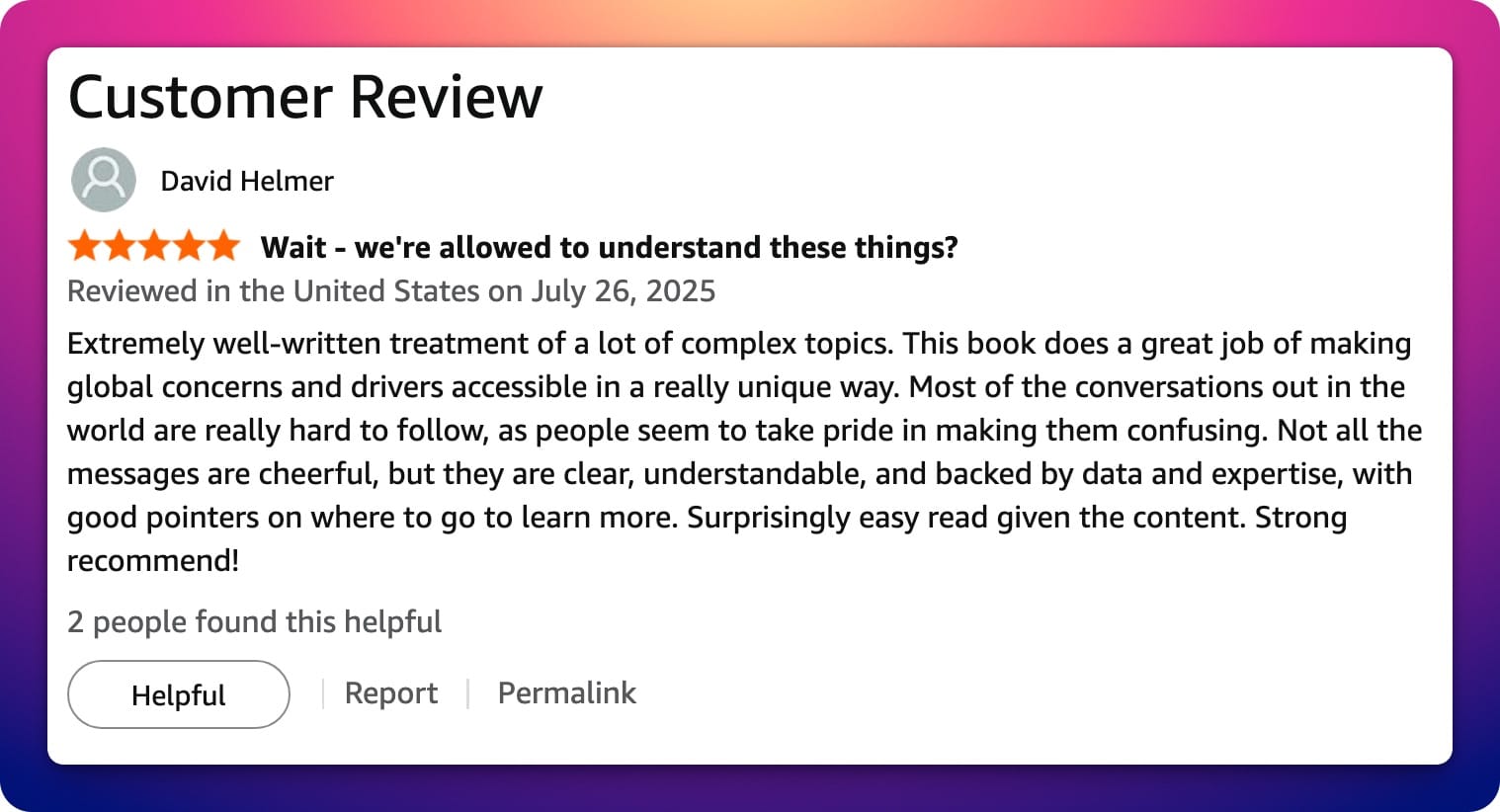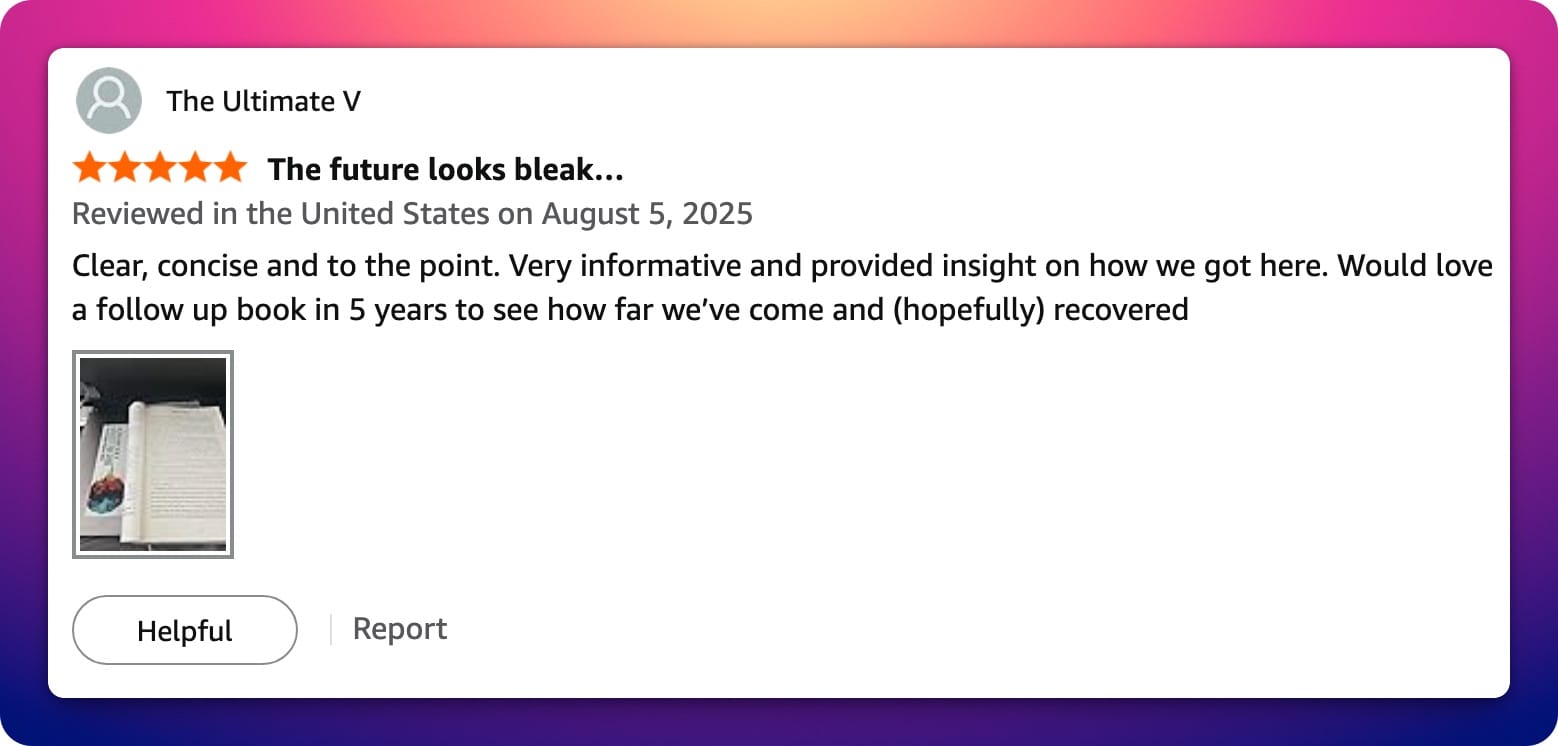The Myth of the Necessary Reader Confusion
Certain books' subjects require feeling perplexed while reading them, right? In a word, no.
🌍 PublicSomewhere along the line, you probably read a book about a relatively esoteric or inaccessible subject. Perhaps its author was a successful lawyer, a self-important academic, or a business dude with an affinity for jargon.
Regardless of the writer or the topic, the result was the same: you struggled to comprehend the words on the page, but you slogged through each stilted paragraph and baffling sentence. You thought the nature of the book's content required opaque, even occasionally abysmal writing that perplexed readers like you. There was just no way around it. The fleas came with the dog, right?
Call it the myth of necessary reader confusion. Let me reassure you: it's bullshit.

Unpacking the Reasons for Poorly Written Nonfiction Books
Don't get me wrong. There's no shortage of explanations for poorly written nonfiction titles. The list includes:
- An author's laziness, inexperience, pomposity, ignorance, stubbornness, or deliberate disregard for the reader.
- An editor's refusal to speak up—or the publisher's willingness to support her when she does.
- Deadline issues that prevent proper edits.
- A publisher's indifference, limited budget, or other short-term thinking.
See what the list excludes?
The book's subject itself.
No text needs to be confusing. As Albert Einstein once said, “If you can't explain it simply, you don't understand it well enough.”

A Recent Example
Racket's latest release is Amanda Wick's The Catalysts: The Accelerating Forces Forging the New World Financial Order. As its title and subtitle suggest, the book discusses heady, interwoven, and rapidly evolving topics. Cryptocurrency, existing regulatory frameworks, DeFi, the rise of authoritarianism, social engineering, the erosion of trust, and Big Tech gone wild are all on the menu.
Recognize the need for clarity from the start of your writing project.
Not exactly a breezy beach read.
And yet, many reviewers of the 430-page opus specifically call out the clarity of Amanda's writing. Here are its last three Amazon ones:



A Lesson for All Authors
To her credit, Amanda recognized the need for clarity from the get-go. She simply refused to put her name on the cover of a nonfiction text that lost its readers on page one. On that goal, Amanda was completely in sync with her writing coach—yours truly.
Looking for a ghostwriter or coach for your nonfiction writing project?
And it's not just everyday readers who have lauded the book's readability. Professional reviewers have taken notice. Kirkus called the book “surprisingly accessible, considering the density of its information—a tribute to Wick’s command of the material and her skill at organizing and presenting her arguments.”
Realistic Goals
So all reviewers love The Catalysts and give it five stars, right?
Of course not. Amanda and never expected every reader to accept all her conclusions and recommendations. To believe otherwise is downright naïve. We couldn't control their reactions, but we could make the final product as intelligible as possible.
Mission accomplished. As far as Amanda and I know, the number of readers who have criticized the quality of the prose is zero.

What You Need to Know
It's hard enough marketing a well-written book. No one can stop you from penning an impenetrable one, but expect to sell only a handful of copies—at best. Dense titles like The Black Swan serve as the exception that proves the rule.
